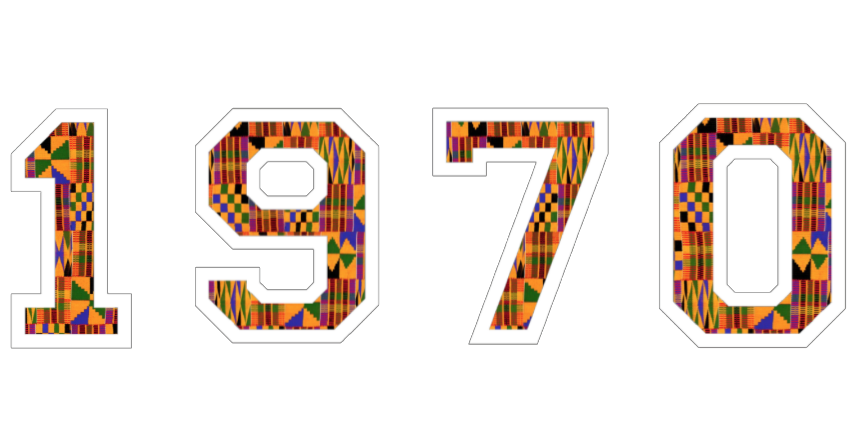What was the most rewarding part of being on the BLSA Executive Board?
Mentoring new students and helping them navigate the first year of law school. Especially helping them to understand the unwritten rules that jeopardized the success of so many black students.
What challenges did you face as a member of the BLSA Executive Board?
When I became chair we were rebuilding from a period of apathy and where funding had been cut off by the Central Grounds. We had to develop a strategy to get upperclassmen re-engaged and to dig ourselves out the financial hole we were in. In addition, the Class of 1999 only started with 19 black students, the lowest number in a decade. Many of us were the only one in our small sections and felt socially and philosophically isolated. We rose to the challenge and created an agenda of 5 core programs. 1) Study skills; 2) Fall exam writing workshop; 3) the Halloween Party; 4) Interview workshops, and the 5) the BLSA Ball . We also initiated the practice of collecting dues for all 3 years during our members 1L year. That got us out of the financial hole and encouraged upperclassmen to stay involved all three 3 years because they had already paid dues for all 3 years. We also dealt with some notoriously hostile faculty members.
How did your participation in the BLSA Executive Board shape you as a Black professional?
BLSA was my refuge and created a safe place for me to retain my commitment to social justice notwithstanding the conservative law and economics approach to the law that I was being taught. BLSA reminded me and all of us that the black lawyers played a significant role in the struggle for equality and social justice in America and notwithstanding our future path corporate, government or otherwise we would always owe allegiance to that duty.
